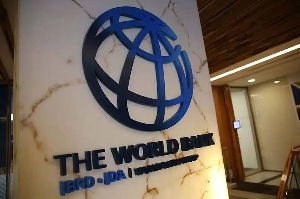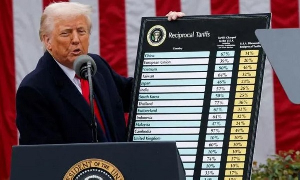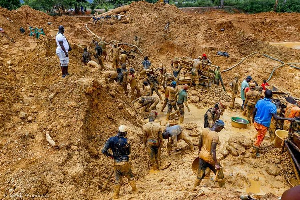Mr Irbard Ibrahim, Executive Director of IRBARD Consult, has expressed concern about creeping influence of partisan politics into appointments of security heads and called for elimination of such stands in security matters.
Reports by the media last week showed how some vigilante groups manhandled and attempted to block a national security coordinator appointed by the President to head Ashanti region.
But, “the excesses of such groups weaken the legitimacy of state security and create an illegitimate alternative to national security,” Mr Irbard told the Ghana News Agency in an interview.
He was speaking on security implications of sprouting vigilante groups in the country who are believed to have strong backing from political parties for their operations.
“Even though assault weapons were not used in the Kumasi incident,” Mr Ibrahim said: “failure to clampdown on the groups now may embolden them to use high calibre weapons in their security breaches in the near future.”
He noted that giving breathing space to non-state security actors like vigilante groups had serious long-term implications for Ghana’s national security.
“If that even happens, then sparking off an insurgency for political, ethnic or religious reasons will be easy in the next few years,” he added.
Political parties that benefit from the exuberance of such youth have tried hard to justify propping them up.
“The political appointment heads of security agencies like the Inspector General of Police, the Bureau of National Investigations and National Security should be based on bipartisan and multipartisan consensus in parliament.”
Mr Ibrahim noted that the executive order used to appoint the heads made them employees of only the President and by extrapolation employees of the political party upon whose ticket the President campaigned.
“This fact erodes the rust and confidence opposition parties need to repose in state security institutions,” he said: “We need to depoliticise state security apparatus.”
General News of Friday, 31 March 2017
Source: GNA













